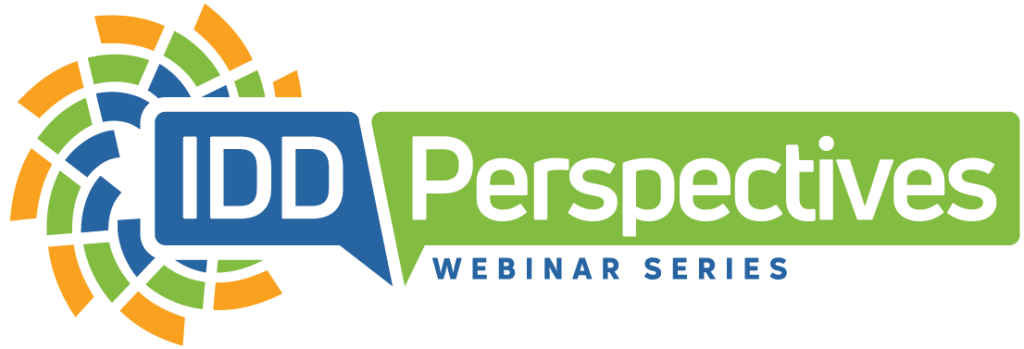Training Support Staff: Four Reasons to Do It and Free Resources to Help
Training Support Staff: Four Reasons to Do It and Free Resources to Help
Written by Craig Escudé, MD, FAAFP, FAADM

Providing quality support for individuals with intellectual and developmental disabilities (IDD) requires a well-trained and knowledgeable workforce. Support staff play a critical role in ensuring the well-being, dignity, and independence of the people they serve. Proper training empowers these professionals with the skills and confidence to provide exceptional care.
Why Training Support Staff Matters
1. Enhancing Quality of Care
Untrained or undertrained staff may struggle to recognize health risks, behavioral concerns, or communication needs. Comprehensive training equips them with the knowledge to provide effective, person-centered care and respond appropriately to situations.
2. Reducing Risks and Preventable Harm
Many individuals with IDD have unique health challenges that require specialized attention. Training in areas like health risk mitigation, recognizing signs of medical distress, and understanding behavioral support strategies can prevent adverse outcomes and improve quality of life.
3. Improving Job Satisfaction and Retention
When staff feel competent and supported, they are more likely to find their work fulfilling and stay in the field longer. High turnover rates are a persistent challenge in IDD services, and investing in training helps create a stable, knowledgeable workforce.
4. Promoting Independence and Inclusion
Well-trained support staff understand how to encourage autonomy and social engagement for individuals with IDD. They learn how to foster skills development and create opportunities for inclusion in the community, which enhances the lives of the people they serve.
Free Training Resources for IDD Support Staff
IDD Perspectives Webinar Series
One of the top free resources available is the IDD Perspectives webinar series from IntellectAbility. These webinars cover many essential topics, including health risk mitigation, dignity-driven supports, and person-centered planning. This valuable training series is accessible on the “Webinars” page and provides practical insights from national experts.
Additional Free Training Options
The National Alliance for Direct Support Professionals (NADSP) offers webinars, toolkits, and online learning modules.
State and Local IDD agencies often provide free training programs on specific care topics.
Online communities and nonprofits, such as The Arc and Autism Speaks, share educational resources tailored to IDD support professionals.
Staff training is essential for improving care, reducing risks, and fostering a dedicated workforce. With free resources like IDD Perspectives, support staff can access high-quality training to enhance their skills and better serve individuals with IDD. Prioritizing education and professional development benefits staff and the individuals they support, ultimately leading to stronger, more inclusive communities.
The connection between physical health, mental health, and quality of life is becoming increasingly recognized. In 2025, look for integrated health models that address not just medical needs but also mental wellness, nutrition, and fitness. Tools like the Health Risk Screening Tool (HRST) will continue to be critical in identifying health risks and promoting preventive care.
Author Bio:
Dr. Craig Escudé is a board-certified Fellow of the American Academy of Family Physicians and the American Academy of Developmental Medicine and President of IntellectAbility. He has over 20 years of clinical experience providing medical care for people with IDD and complex medical and mental health conditions. He is the author of “Clinical Pearls in IDD Healthcare” and developer of the “Curriculum in IDD Healthcare,” an eLearning course used to train clinicians on the fundamentals of healthcare for people with IDD. He is also the host of the “IDD Health Matters” podcast.




